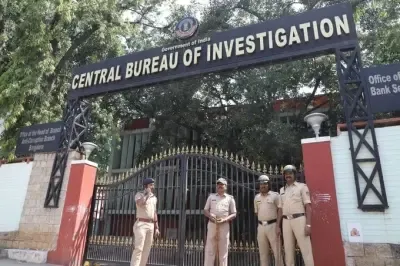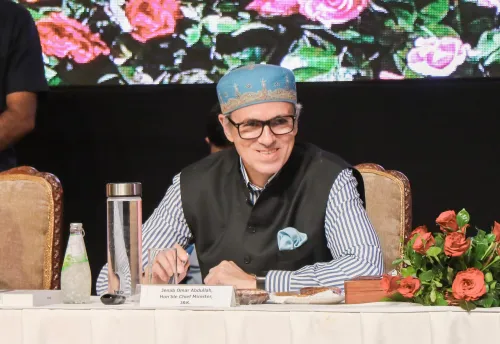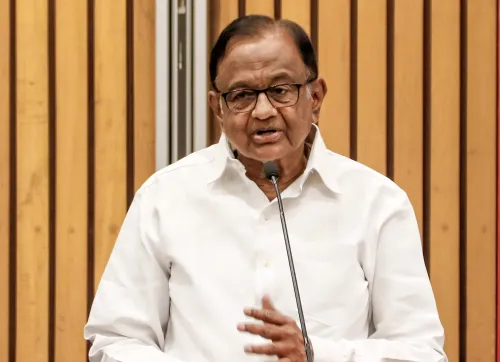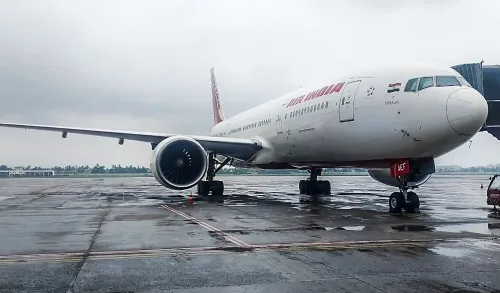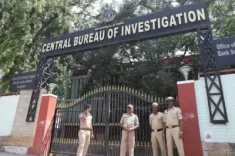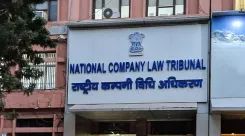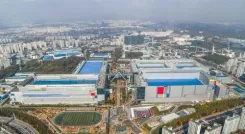Is Chennai’s Water Metro Project Feasible?
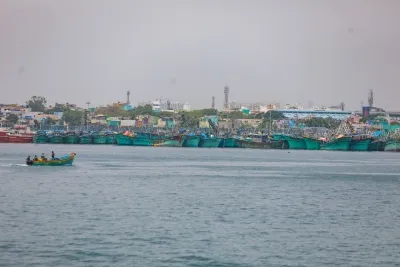
Synopsis
Key Takeaways
- The Water Metro project aims to ease traffic congestion in Chennai.
- Feasibility studies are currently taking place along the Buckingham Canal.
- Authorities are focusing on restoring the canal as a key component of the project.
- The initiative is expected to promote tourism and urban transformation.
- The project cost is estimated between Rs 3,000 crore and Rs 5,000 crore.
Chennai, Sep 3 (NationPress) The initial phase of feasibility assessments for the ambitious Water Metro initiative in Chennai is currently in progress along the stretch of the Buckingham Canal from Napier Bridge to Kovalam. This project aims to alleviate traffic congestion while promoting tourism.
Inspired by the Kochi Water Metro, which commenced in 2023 with 16 proposed routes (four of which are operational), the Chennai project offers a modern water transport solution for both daily commuters and visitors.
During this initial phase, passenger ferry operations will be launched over a 53-km corridor utilizing the Buckingham Canal as the core waterway. Officials are currently identifying ideal locations for ferry terminals, workshops, and other necessary infrastructure.
The Chennai Unified Metropolitan Transport Authority (CUMTA), the Water Resources Department, and the Tamil Nadu Maritime Board are collaborating to develop this project.
A significant requirement is the extensive restoration of the Buckingham Canal.
Authorities emphasize that dredging and desilting are essential before ferry services can commence. Plans also incorporate sewage treatment plants, water quality monitoring systems, aeration units, and water management facilities.
Cleaning the canal is expected to facilitate water transport and alleviate urban flooding issues. The estimated cost for the project ranges from Rs 3,000 crore to Rs 5,000 crore.
Officials have noted that providing treated canal water to industries could generate supplementary revenue, aiding in the covering of operational and maintenance costs.
Upon completion of the feasibility study, the proposal will be presented to the state government. Subsequently, the Water Resources Department is anticipated to develop a Detailed Project Report (DPR) within a year. If sanctioned, the Water Metro is likely to initiate significant urban transformation by diminishing road traffic and creating new tourism opportunities.
The state government has already pinpointed 10 potential water routes for tourism enhancement. Success could lead the Chennai Water Metro to be integrated into a more extensive 1,078-km national waterway network linking Andhra Pradesh, Telangana, Tamil Nadu, and Puducherry.
Officials confirmed that preliminary surveys are advancing rapidly to evaluate both the technical and financial feasibility of this initiative, which is set to redefine urban mobility in the city.

